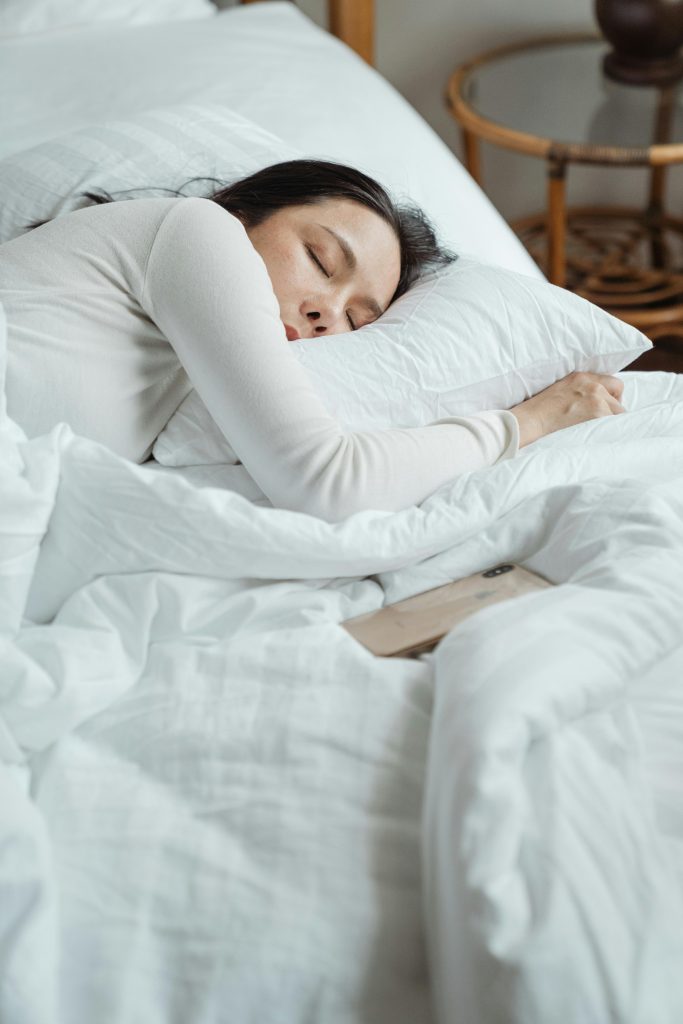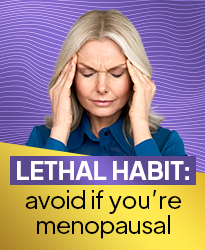Sleep trackers: the tiny gadgets promising to unlock the mysteries of your snooze sessions. From telling you how long you slept to whether you were dreaming about pizza or existential dread, they’re the ultimate bedtime buddy. But let’s address the elephant in the (bed)room: Are sleep trackers accurate? Spoiler alert: it’s a little complicated, and the science has more twists than your 3 a.m. nightmare about being late for a meeting.
How Do Sleep Trackers Actually Work?
Before we decide whether sleep trackers are accurate, we need to know how they operate. Most of them rely on a mix of motion detection (using accelerometers) and heart rate monitoring. In other words, if you toss and turn like a caffeinated octopus, your tracker might think you’re wide awake. Similarly, a steady heartbeat could convince the tracker you’re in deep slumber when you’re actually plotting your next Netflix binge.
Some high-end trackers also include oxygen saturation levels and temperature monitoring, making them feel like tiny spy gadgets glued to your wrist. But here’s the kicker: none of these methods directly measure brain activity—the gold standard for determining sleep stages. So, yeah, they’re guessing, albeit with a lot of data.
Sleep Stages: The Fuzzy Science of Nighttime Data
If you’ve ever been told by your tracker that you spent 2 hours in REM and thought, “Wow, I’m practically a sleep scientist now,” hold your horses. Determining exact sleep stages requires an electroencephalogram (EEG), which measures your brain’s electrical activity. Since sleep trackers can’t do that (yet), they use algorithms to make educated guesses based on your movements and vitals.
So, Are Sleep Trackers Accurate for Sleep Stages?
Short answer: not really. Long answer: they’re great at estimating when you fell asleep and how long you stayed in dreamland. However, when it comes to REM sleep versus deep sleep versus “lying-there-wondering-if-you’ll-ever-sleep,” their accuracy wobbles more than a sleepwalker at a disco.
The Role of Lifestyle in Tracking Accuracy
Your daily habits can also throw a wrench into your tracker’s calculations. If you have a glass of wine before bed, your heart rate might mimic the patterns of light sleep, confusing your tracker. On the flip side, vigorous exercise might make your resting heart rate so steady that your tracker assumes you’re halfway to dreamland while you’re actually scrolling social media in the dark.
Join Our Mailing List
Register now to get our hints and tips newsletter directly to your inbox
Are Sleep Trackers Accurate When Measuring Total Sleep Time?
This is where sleep trackers shine (kind of). They’re generally pretty good at figuring out how long you were asleep overall. However, if you’re one of those people who can lie perfectly still while contemplating the meaning of life, your tracker might chalk that up as “sleep.” Congrats on your Oscar-worthy performance.
Can Sleep Trackers Improve Your Sleep?
While the jury’s out on how accurate sleep trackers are, there’s no denying that they can be useful. By providing insights into your habits, they encourage you to make better choices. Maybe you’ll finally give up that late-night espresso habit or invest in blackout curtains after seeing your data.
H3: Are Sleep Trackers Accurate Enough to Be Helpful?
The key here is to treat them as a guide, not gospel. Sure, they might not nail every REM cycle, but they can help you identify patterns—like if your sleep quality nosedives every time you stay up past midnight watching cat videos.
The Science of Accuracy: What Studies Say
Researchers have put sleep trackers to the test against polysomnography (the sleep study gold standard). The verdict? Sleep trackers are about 80% accurate for detecting total sleep time and 50% for sleep stages. In human terms, they’re like that friend who’s pretty good at trivia but keeps insisting Napoleon was 7 feet tall.
Should You Trust Your Sleep Tracker?
At the end of the day (literally), sleep trackers are a tool, not a magic wand. They’re great for giving you a general idea of your sleep habits, but it’s crucial to approach their data with a healthy dose of scepticism.
For starters, keep in mind that sleep trackers can’t directly measure what’s happening in your brain. They rely on external cues like movement and heart rate, which are indirect indicators of sleep. This means they’re making educated guesses, not delivering hard truths. If your tracker claims you spent 5 hours in deep sleep but you woke up feeling like a zombie, trust your body’s signals over the gadget’s report.
Another thing to consider is the variability between devices. Not all sleep trackers are created equal, and their accuracy can vary widely depending on the technology they use. High-end devices with advanced sensors might get closer to the mark, while budget-friendly options could be a bit more, shall we say, optimistic about your sleep quality. Before you decide to overhaul your bedtime routine based on tracker data, it’s worth researching how reliable your specific device is.
That said, sleep trackers can still be valuable—just not in the way you might think. Instead of focusing on minute-by-minute breakdowns of your sleep stages, look for broader trends. Is your total sleep time increasing or decreasing? Do you sleep better on days when you exercise? These patterns can provide useful insights without getting bogged down in the nitty-gritty.
It’s also important to use your tracker as part of a bigger picture. Pair its data with how you actually feel. If you wake up refreshed despite a mediocre sleep score, give yourself a pat on the back. On the flip side, if your tracker insists you’re crushing it in the sleep department but you feel exhausted, it might be time to evaluate other factors like stress, diet, or underlying health issues.
Finally, remember that sleep trackers are tools, not judges. Their purpose is to help you, not stress you out. If you find yourself obsessing over your sleep score to the point where it’s affecting your mental health, it’s okay to take a step back. The ultimate goal is better sleep, not perfection. Treat your tracker as a helpful sidekick in your sleep journey—not the boss of it.
Final Thoughts: Are Sleep Trackers Accurate?
So, are sleep trackers accurate? The answer is as nuanced as your relationship with your snooze button. These devices are great at giving you a bird’s-eye view of your sleep patterns but fall short when it comes to the nitty-gritty details like sleep stages. Think of them as the weather forecast for your sleep: helpful for planning, but not always spot-on.
That said, the data they provide can still be incredibly useful. If your tracker shows you’re consistently getting less than 6 hours of sleep, that’s a red flag worth investigating. Similarly, if you notice your sleep quality improves when you skip the late-night snack or turn off screens an hour before bed, you’re onto something valuable.
On the flip side, don’t let your sleep tracker stress you out. If you’re waking up feeling refreshed and energetic, that’s the ultimate sign of good sleep, regardless of what your device says. Obsessing over the numbers can lead to anxiety, which, ironically, is terrible for sleep.
In the end, the goal isn’t to achieve a perfect sleep score but to feel rested and healthy. Use your sleep tracker as a tool to guide your habits and inform your choices, but remember to listen to your body above all else. After all, no gadget knows you better than you know yourself. Sweet dreams!




